Aluminium cookware is popular in many kitchens. Many people wonder if it is safe to use.
This question is important because cookware affects health and cooking. Aluminium pots and pans are lightweight and heat up quickly. Some worry about chemicals leaching into food when cooking with aluminium. This concern has led to much debate about its safety.
Understanding whether aluminium cookware is safe can help you make better choices for your kitchen. It is essential to know how to use it properly and what to look for when purchasing. This guide will help you learn more about aluminium cookware and its safety.
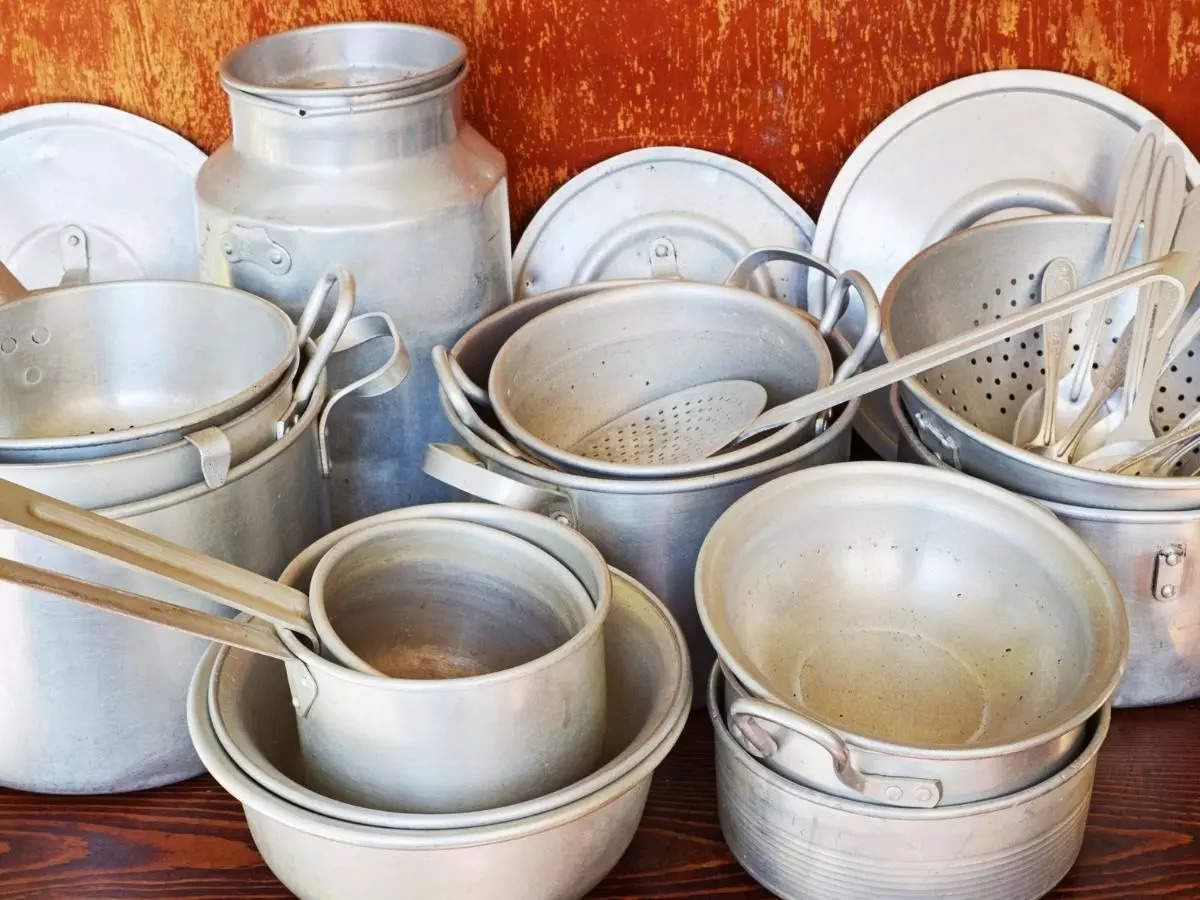
Credit: timesofindia.indiatimes.com
The Heat Is On: Aluminum Cookware Safety Concerns
Aluminum cookware has become popular in many kitchens. But safety is a big topic. Many people wonder about the risks of using aluminum pots and pans. This section will discuss some key safety concerns.
High-temperature Reactions
Aluminum cookware can react to high heat. This reaction can change how your food tastes. It may also change the food’s color. Here are some important points:
- Aluminum can warp or discolor at high temperatures.
- Cooking acidic foods can increase reactions.
- Using high heat can release aluminum particles.
These reactions may not be harmful. But they can affect your cooking experience. Always monitor the heat while cooking.
Chemical Leaching Risks
Chemical leaching is another concern with aluminum cookware. This happens when aluminum enters your food. Here are some facts to consider:
| Food Type | Leaching Risk |
|---|---|
| Acidic Foods | High risk of leaching |
| Non-Acidic Foods | Low risk of leaching |
Using non-stick coatings can help. But check for safety certifications. Choose high-quality cookware to minimize risks.
Mythbusting 101: Separating Fact From Fiction
Many myths surround the safety of aluminium cookware. It’s time to clear the air. Let’s explore some common misconceptions and what science really says.
Common Misconceptions
- Aluminium cookware causes Alzheimer’s disease.
- Cooking with aluminium leaches harmful metals into food.
- Only non-stick cookware is safe for cooking.
These beliefs persist. Yet, they often lack strong evidence. Many people avoid aluminium cookware due to these fears.
Scientific Consensus
Research shows that aluminium cookware is safe for most cooking tasks. Studies indicate low levels of aluminium transfer to food. This transfer is not harmful.
| Myth | Fact |
|---|---|
| Causes Alzheimer’s | No direct link found. |
| Leaches harmful metals | Minimal transfer, not harmful. |
| Non-stick only safe | Aluminium is safe when used properly. |
Experts agree. Using aluminium cookware poses no significant health risks. Proper care and usage are key. Avoid high heat and acidic foods for best results.
Aluminum Exposure: How Much Is Too Much?
Understanding aluminum exposure helps us make safe choices. Aluminum is common in many products, including cookware. Knowing the limits of exposure is essential for health. This section discusses safe daily limits and dietary sources.
Daily Intake Limits
The human body can tolerate small amounts of aluminum. Experts suggest a daily intake limit of about 1 mg per kg of body weight. For example:
| Body Weight (kg) | Safe Daily Limit (mg) |
|---|---|
| 50 | 50 |
| 70 | 70 |
| 90 | 90 |
Staying within these limits is key. High exposure can lead to health issues.
Sources Of Aluminum In Diet
Aluminum enters the body through various foods. Here are common sources:
- Processed cheese products
- Baking powder
- Antacids
- Salt substitutes
Cooking methods also affect aluminum intake. Foods cooked in aluminum cookware may absorb more aluminum.
- Use non-aluminum pots and pans.
- Avoid aluminum foil for cooking.
- Choose fresh foods over processed ones.
Reducing exposure is simple. Be mindful of your cookware and food choices.
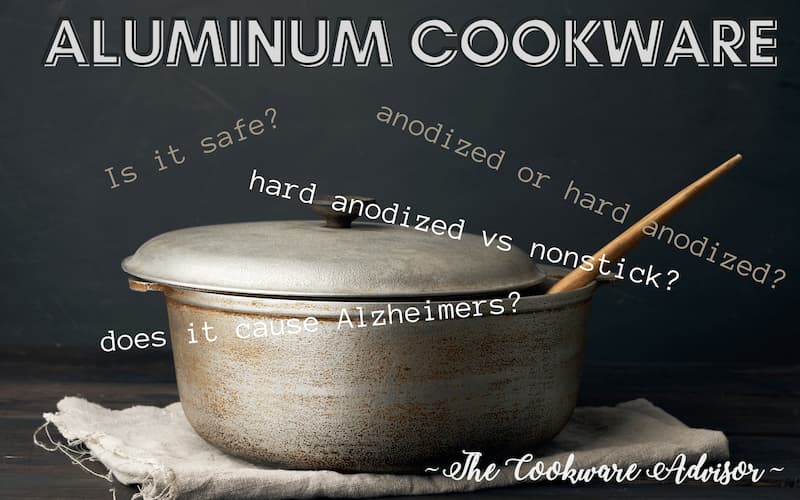
Credit: thecookwareadvisor.com
Anodized Aluminum: A Safer Alternative?
Anodized aluminum cookware is gaining popularity. Many people wonder if it is safer than regular aluminum. This type of cookware has special features that may offer more safety and durability.
The Anodizing Process
The anodizing process changes the surface of aluminum. It makes the metal thicker and stronger. Here’s how it works:
- Aluminum is cleaned to remove any dirt or oil.
- The aluminum is placed in an acid bath.
- An electric current is applied, forming a protective layer.
- This layer is hard, non-reactive, and resistant to scratches.
This process helps prevent aluminum from reacting with food. It also helps the cookware last longer.
Benefits Over Traditional Aluminum
Anodized aluminum has several benefits compared to traditional aluminum. Here are some key advantages:
- Non-reactive: Does not react with acidic foods.
- Durability: More resistant to scratches and dents.
- Heat distribution: Heats evenly, reducing hot spots.
- Easy to clean: Surface is smoother and easier to maintain.
- Lightweight: Easy to handle and maneuver.
Choosing anodized aluminum may be a safer choice for cooking. It provides many benefits for everyday use.
Cooking With Aluminum: Best Practices
Cooking with aluminum can be safe and effective. Following best practices ensures your meals are delicious and healthy. Understanding how to use aluminum cookware properly is key.
Acidic Foods And Aluminum
Aluminum can react with certain foods. Acidic foods, like tomatoes and citrus, may cause this reaction. The reaction can alter the taste and color of your food.
Here are some points to consider:
- Avoid cooking highly acidic foods in aluminum.
- Use non-reactive cookware for these dishes.
- Choose anodized aluminum cookware for better safety.
When cooking acidic dishes, opt for glass, stainless steel, or ceramic cookware. These materials do not react with acidic foods.
Maintenance Tips
Proper care of aluminum cookware extends its life. Follow these simple maintenance tips:
- Wash with mild soap and warm water.
- Avoid harsh scrubbers that can scratch the surface.
- Dry immediately to prevent discoloration.
- Store in a dry place to avoid moisture build-up.
Keep your cookware looking new by following these steps:
| Tip | Description |
|---|---|
| Regular Cleaning | Clean after each use to prevent buildup. |
| Seasoning | Occasionally season to maintain non-stick quality. |
| Inspect Regularly | Check for scratches or wear to ensure safety. |
By following these tips, your aluminum cookware will last longer. Enjoy safe and tasty meals every time.
Health Connection: Aluminum And The Human Body
Aluminum cookware is common in many kitchens. People often wonder about its safety. Understanding how aluminum interacts with our bodies is essential. This section explores the health connections related to aluminum.
Biological Impact Of Aluminum
Aluminum is a metal found in nature. It is present in food, water, and air. Our bodies absorb small amounts of aluminum daily. Most of it is eliminated through urine. However, excessive exposure can cause health concerns.
- Kidney function can be affected.
- Bone health may decline with high aluminum levels.
- Some studies link aluminum to other health issues.
Research shows aluminum can accumulate in tissues. This can lead to negative effects over time. Regular use of aluminum cookware raises questions. Awareness is key to understanding these risks.
Aluminum And Neurological Health
Neurological health is a significant concern. Some studies suggest a link between aluminum and brain disorders. Conditions like Alzheimer’s disease have raised alarms.
| Condition | Potential Connection |
|---|---|
| Alzheimer’s Disease | Increased aluminum levels found in brain tissue |
| Parkinson’s Disease | Some studies suggest aluminum’s role |
Not everyone agrees on these findings. More research is needed. The connection remains a topic of discussion. Caution is wise when using aluminum cookware.
Staying informed helps in making safe choices. Always consider alternatives when possible. Prioritize your health and well-being.
Regulatory Stance On Aluminum Cookware
Understanding the regulatory stance on aluminum cookware is crucial. Different organizations set guidelines to ensure safety for consumers. These regulations cover how aluminum cookware is made and used. Knowing these can help you make informed choices.
Fda Guidelines
The Food and Drug Administration (FDA) oversees the safety of cookware in the United States. They evaluate materials used in food contact items, including aluminum. Here are some key points:
- Aluminum cookware is considered safe for food preparation.
- FDA regulates the amount of aluminum that can leach into food.
- Proper use minimizes health risks.
These guidelines ensure that aluminum cookware meets safety standards for daily use. It is important to follow the manufacturer’s instructions for safe cooking.
International Safety Standards
Various international bodies also set safety standards for cookware. Here’s an overview of some important organizations:
| Organization | Focus Area | Key Guidelines |
|---|---|---|
| World Health Organization (WHO) | Health Safety | Monitors health risks related to aluminum exposure. |
| European Food Safety Authority (EFSA) | Food Contact Materials | Sets limits on aluminum migration into food. |
| International Organization for Standardization (ISO) | Quality Standards | Develops standards for cookware materials and safety. |
These organizations help ensure that aluminum cookware is safe worldwide. Their guidelines protect consumers and promote safe cooking practices.
Future Of Cooking: Alternatives To Aluminum
As health concerns grow, many seek alternatives to aluminum cookware. New materials are emerging that offer safety and eco-friendliness. The future of cooking looks promising with these innovative options.
Emerging Materials In Cookware
Different materials are becoming popular. Each one has unique benefits.
- Stainless Steel: Durable and non-reactive. Ideal for all cooking tasks.
- Cast Iron: Excellent heat retention. Adds iron to food.
- Ceramic: Non-stick and safe. Good for healthy cooking.
- Glass: Non-toxic and versatile. Perfect for oven and microwave use.
Eco-friendly And Safe Options
Choosing safe cookware matters. Eco-friendly options help the planet.
| Material | Benefits | Environmental Impact |
|---|---|---|
| Stainless Steel | Long-lasting and recyclable | Low impact |
| Cast Iron | Durable and energy-efficient | Minimal waste |
| Ceramic | Non-toxic and non-stick | Biodegradable options available |
| Glass | Safe and easy to clean | Recyclable |
These materials offer safe cooking. They also reduce environmental harm. Invest in cookware that promotes health and sustainability.

Credit: www.wikihow.com
Frequently Asked Questions
Is Aluminium Cookware Safe For Cooking?
Aluminium cookware is generally considered safe for cooking. However, it’s essential to avoid using it with acidic foods, as they can react with the metal. Opting for anodized aluminium cookware can minimize this risk, offering a non-reactive surface that enhances safety and durability.
Does Cooking With Aluminium Cause Health Issues?
Cooking with aluminium has been a topic of debate. Current research indicates that normal use of aluminium cookware does not pose significant health risks. However, excessive consumption of aluminium may have potential health implications. Moderation and proper usage are key to ensuring safety.
Can Aluminium Cookware Leach Into Food?
Yes, aluminium cookware can leach into food, especially when cooking acidic dishes. However, the amount leached is minimal and generally considered safe for consumption. Choosing high-quality anodized or coated aluminium cookware can further reduce the risk of leaching and enhance safety during cooking.
How To Maintain Aluminium Cookware?
To maintain aluminium cookware, avoid using abrasive cleaners and scrubbers. Instead, use mild detergents and soft sponges for cleaning. Regularly seasoning the cookware can also help maintain its surface and prevent sticking. Proper care will extend the life of your aluminium cookware significantly.
Conclusion
Aluminium cookware is safe for everyday use. It heats evenly and cooks food well. Many people enjoy its lightweight and durability. Always choose high-quality options to avoid issues. Avoid cooking acidic foods in aluminium, as it can react. Proper care can extend the life of your cookware.
Always follow manufacturer instructions for best results. Enjoy cooking with aluminium cookware and explore its benefits. Keep your kitchen safe and efficient with the right choices.

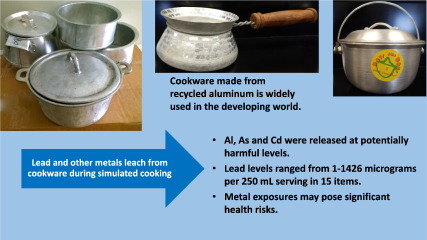
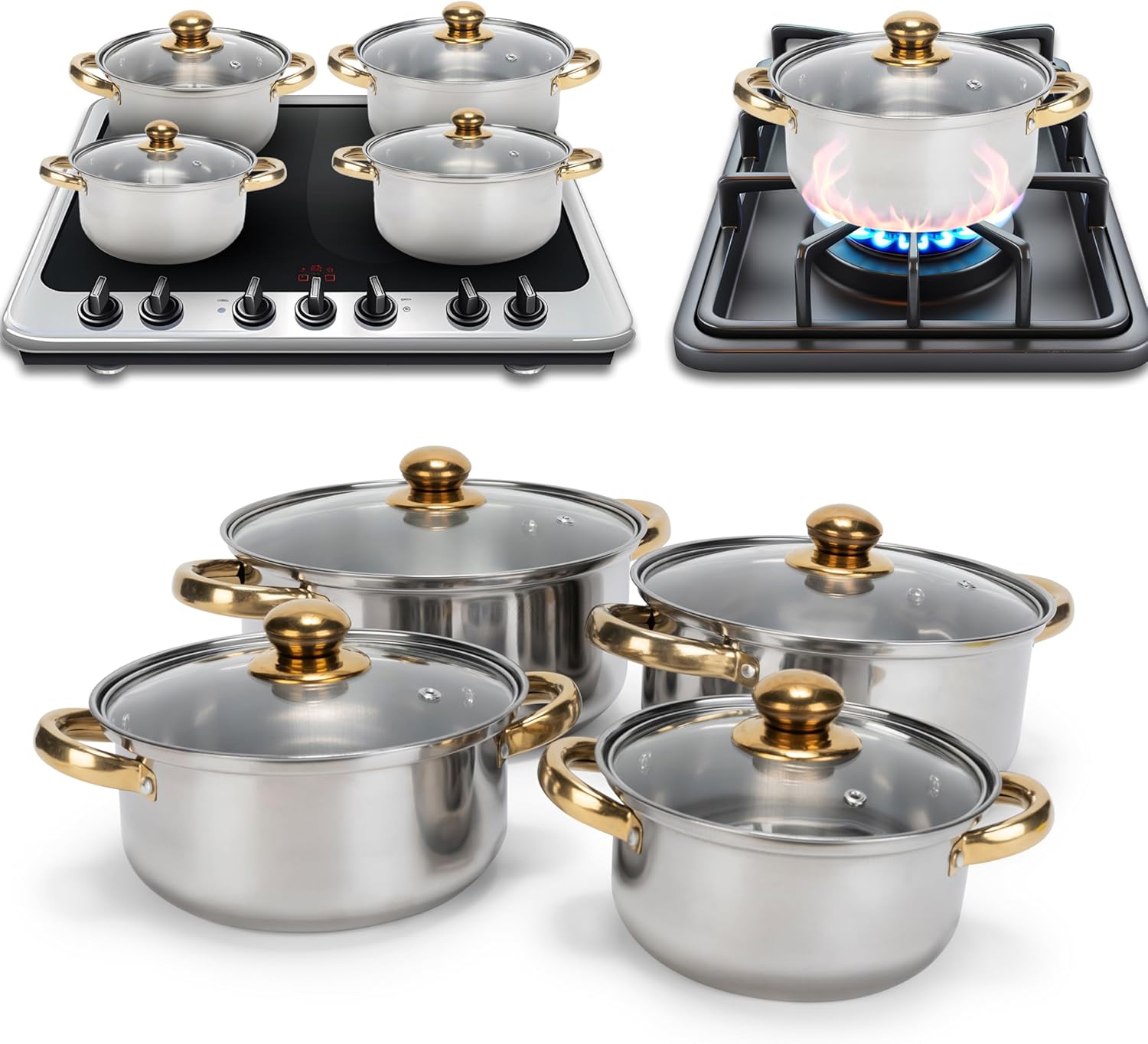

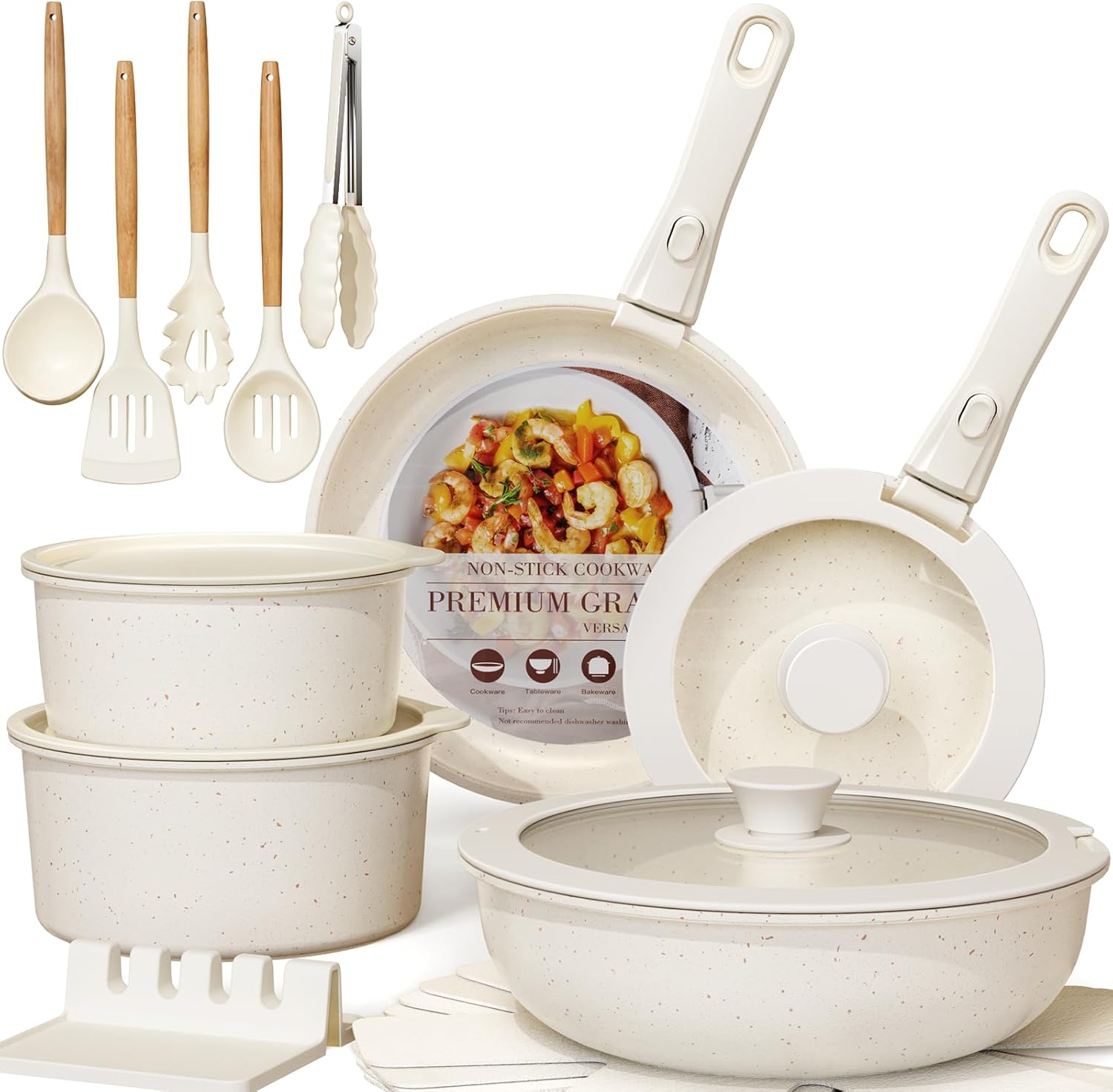
Leave a Reply